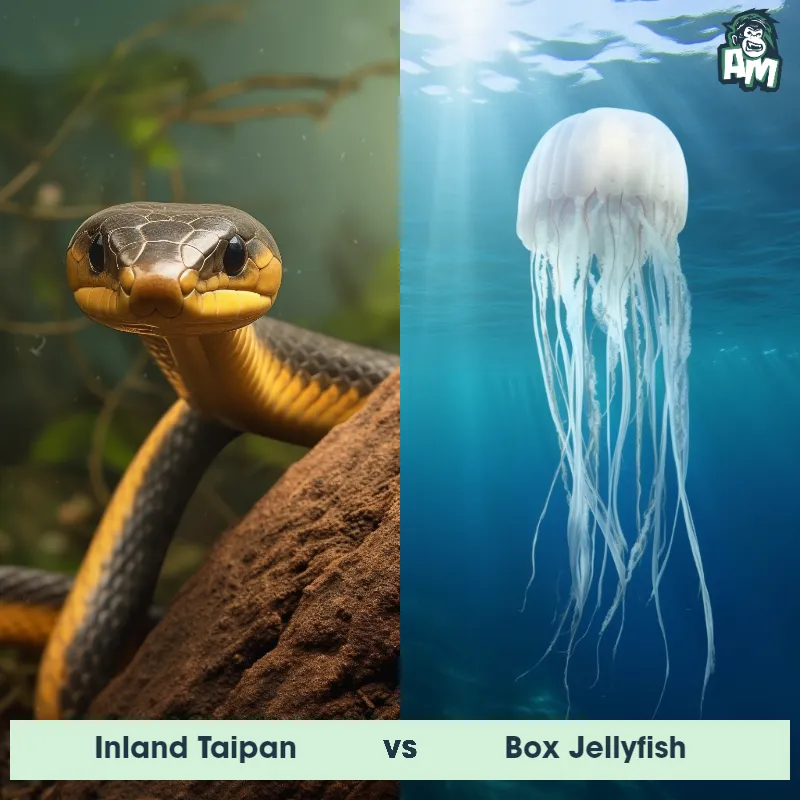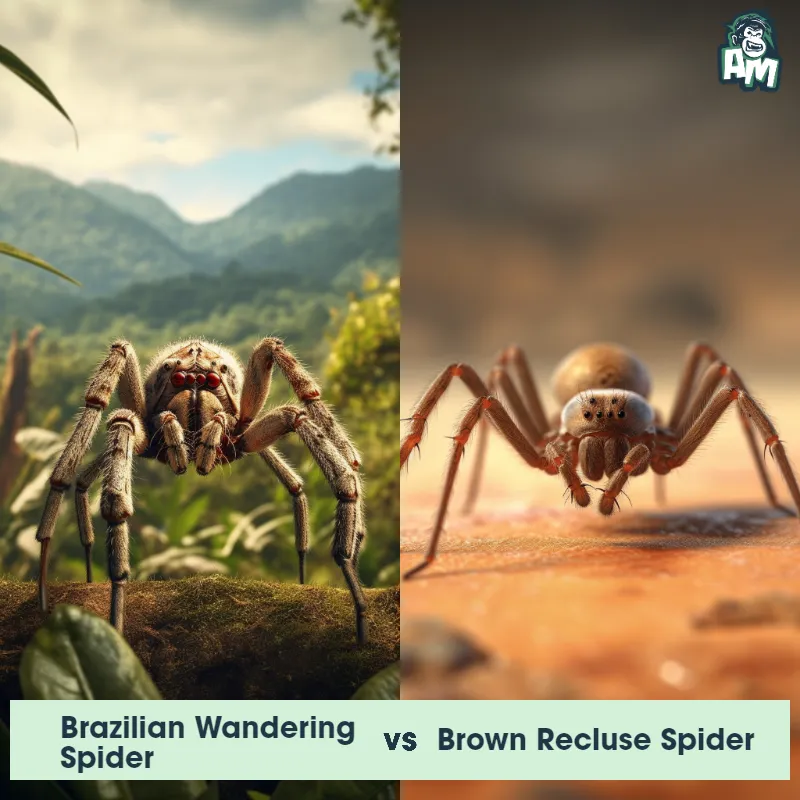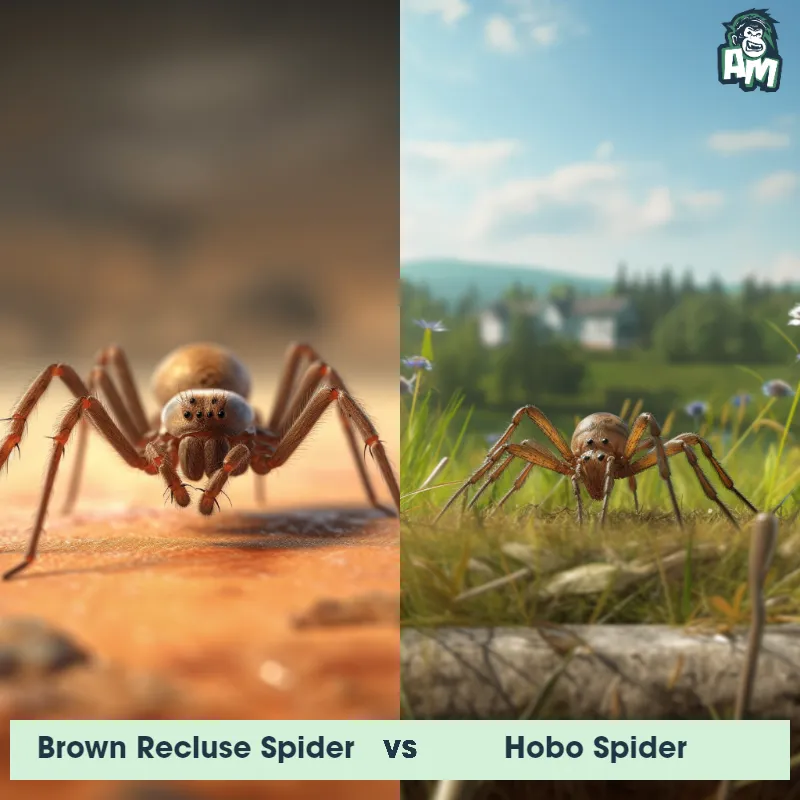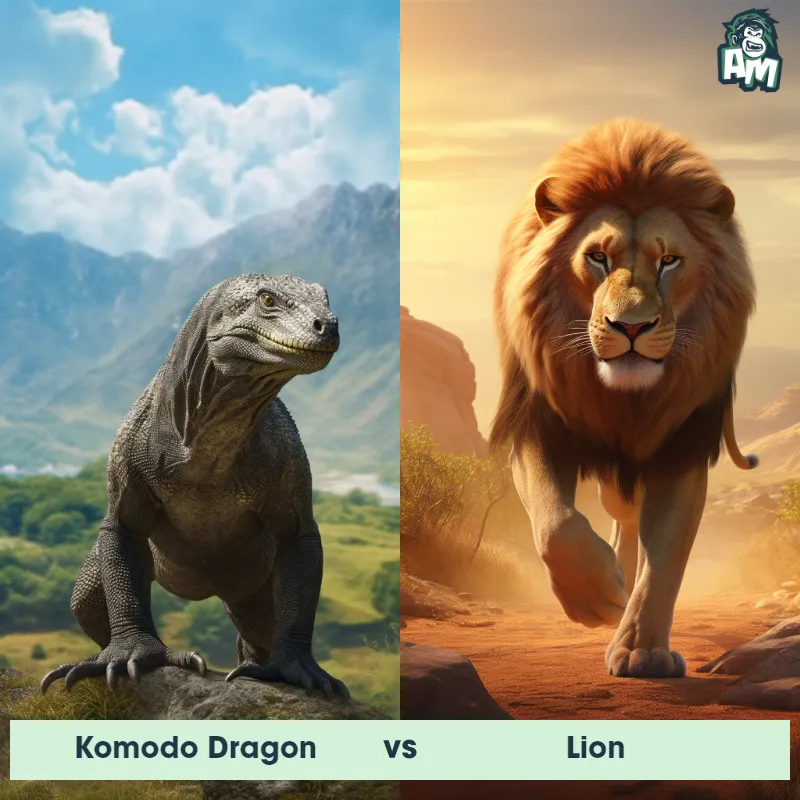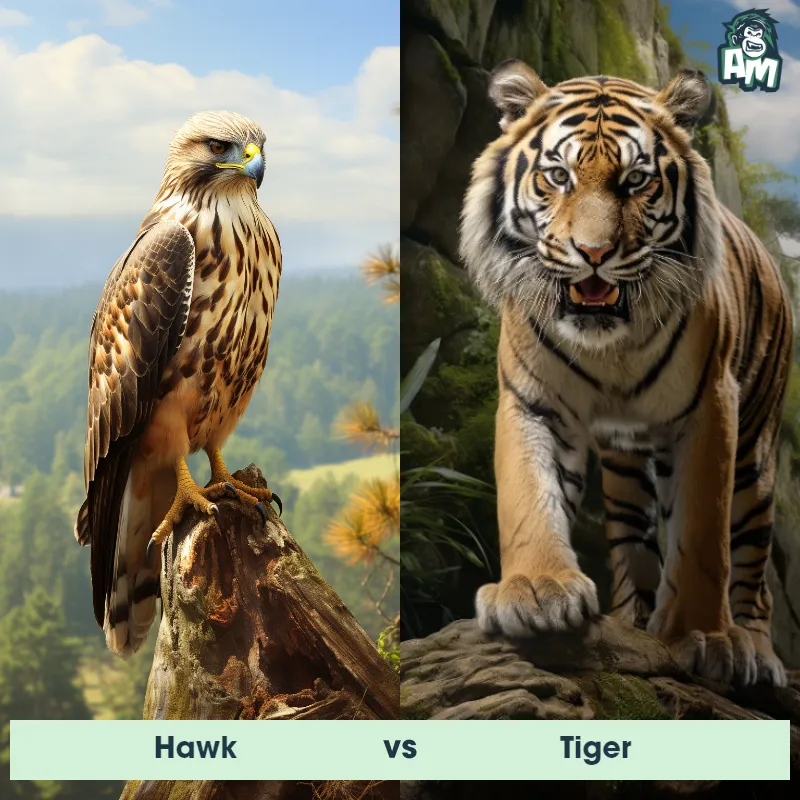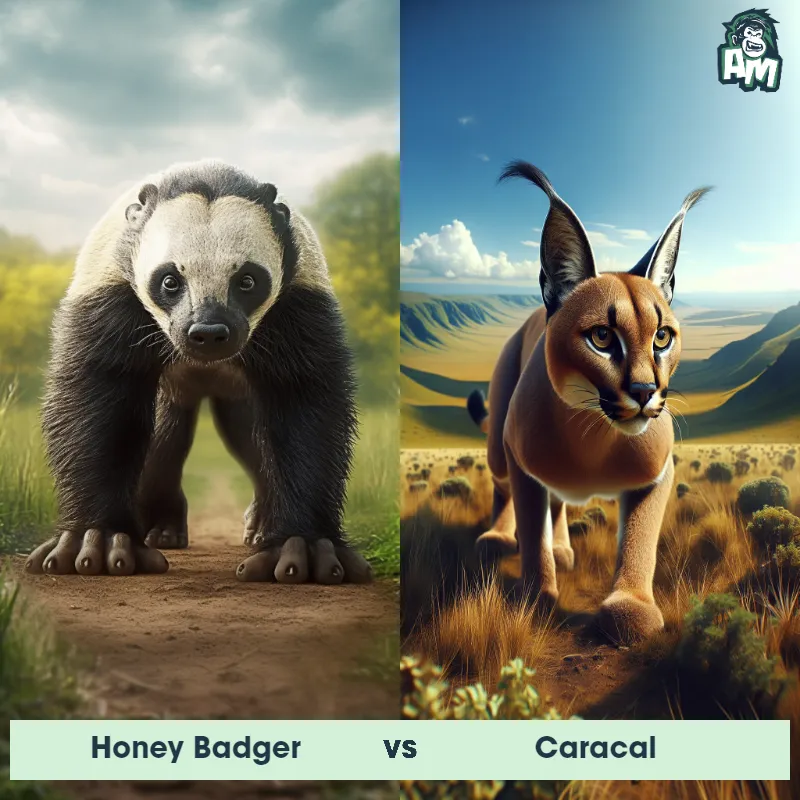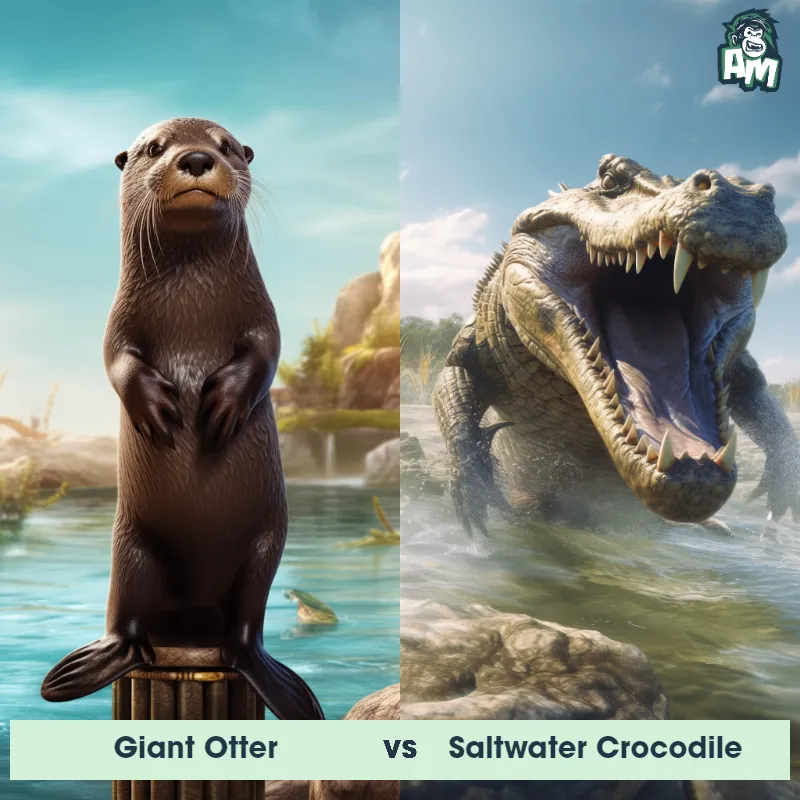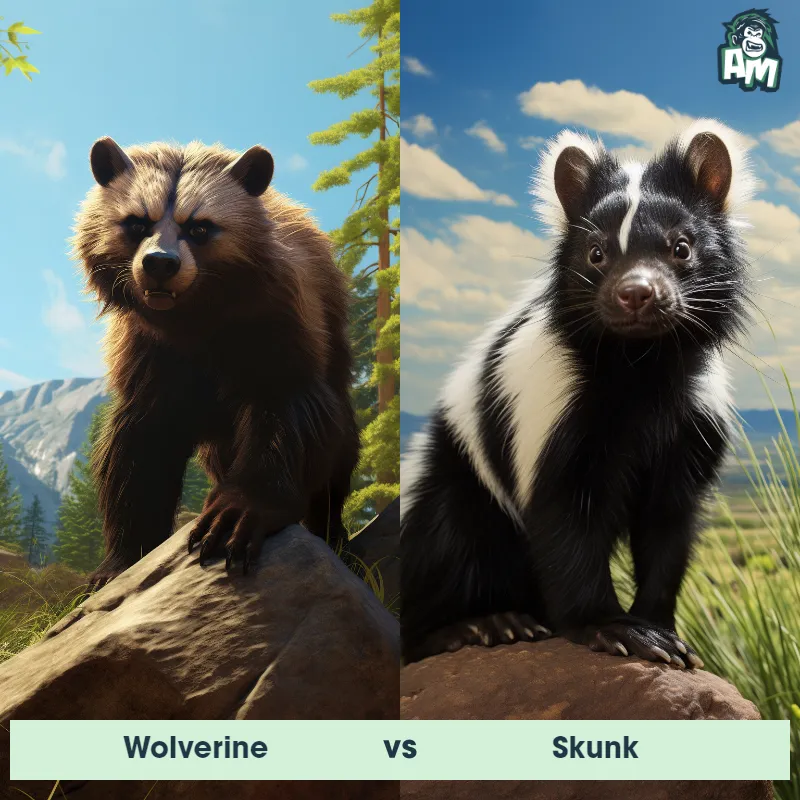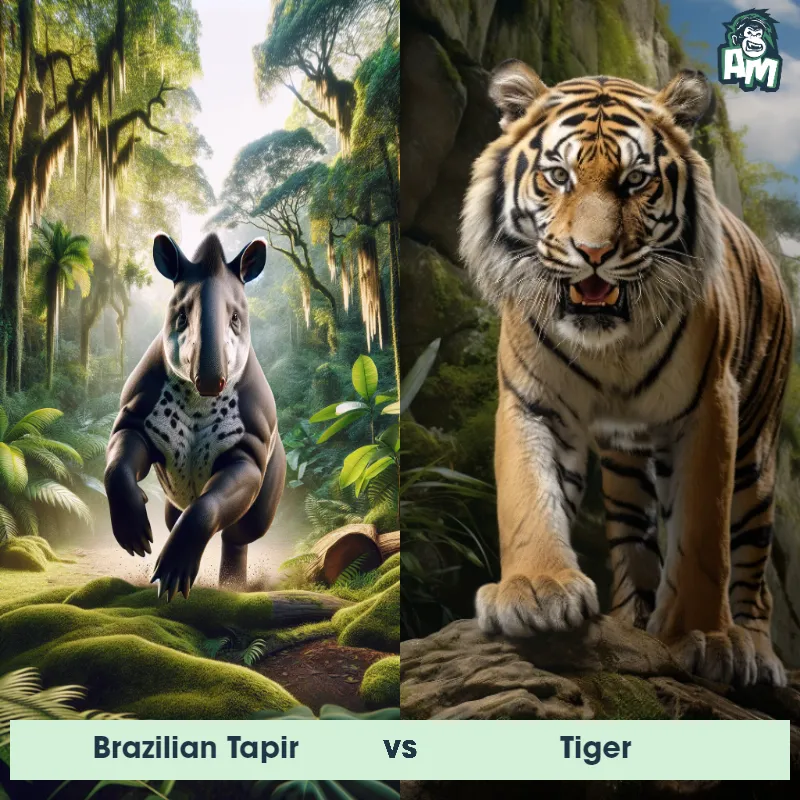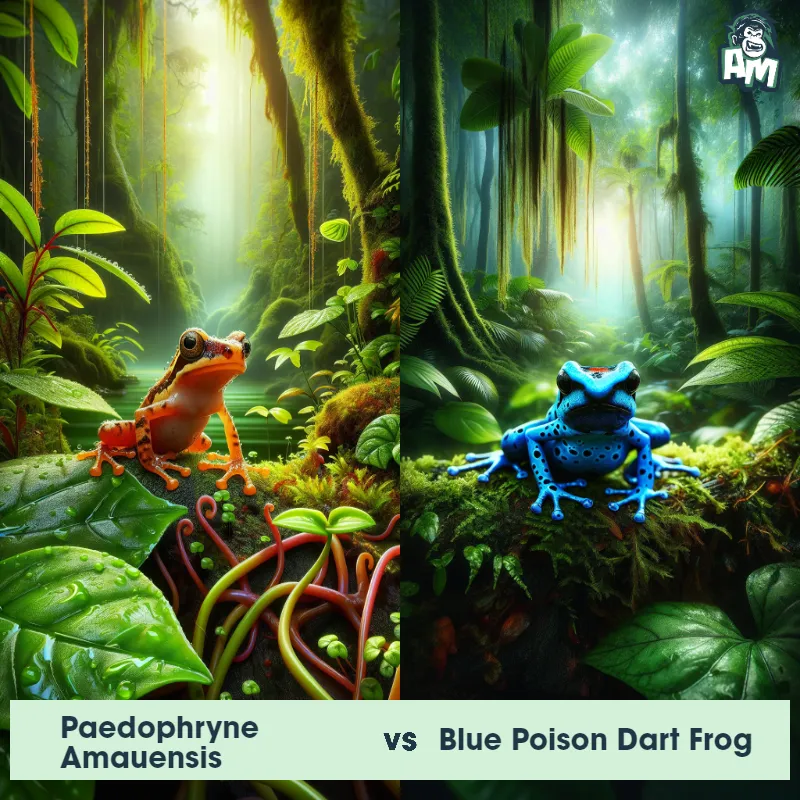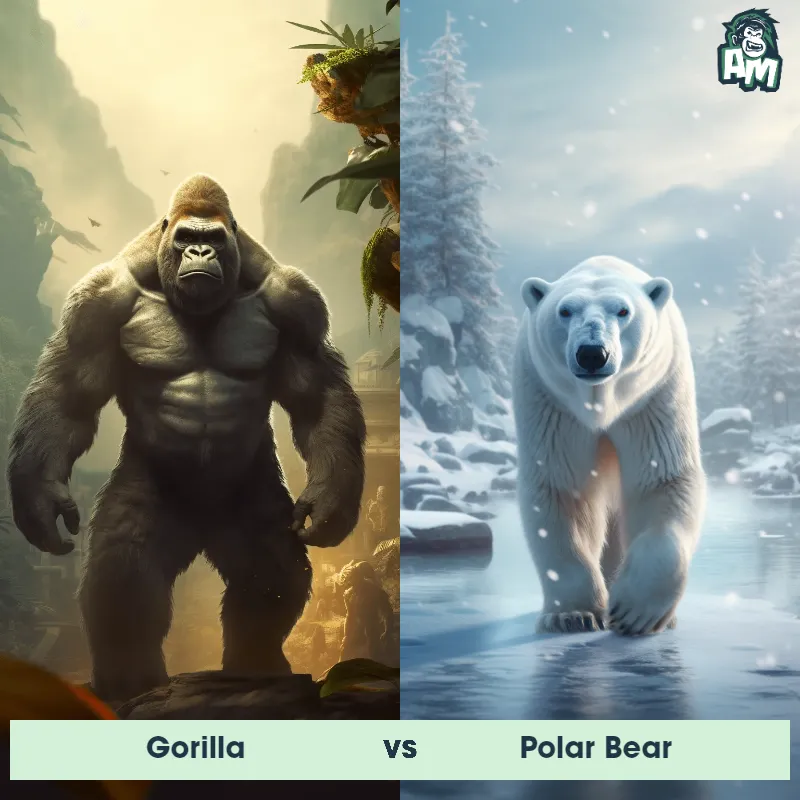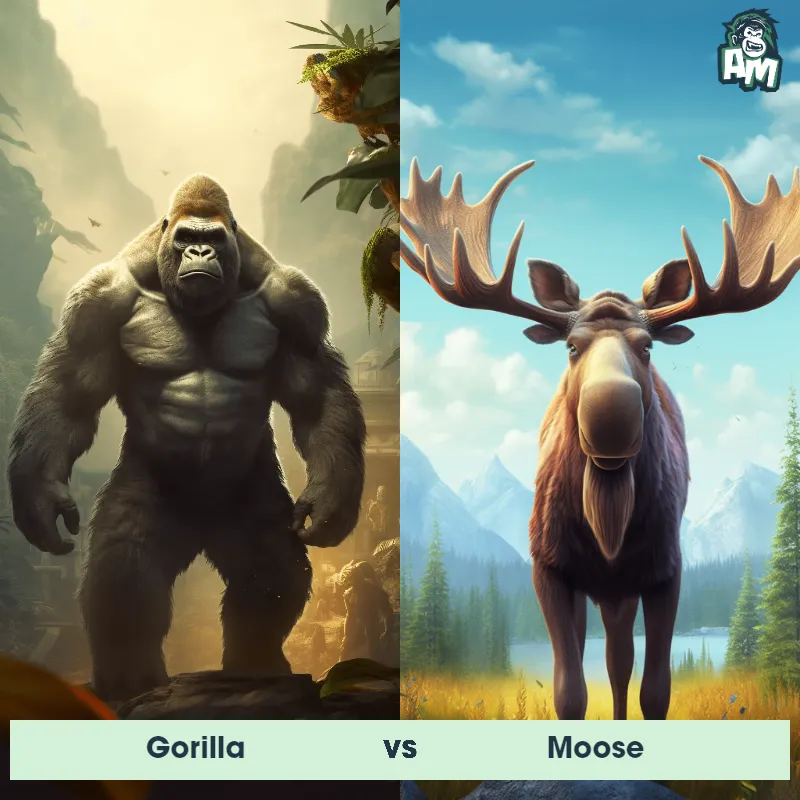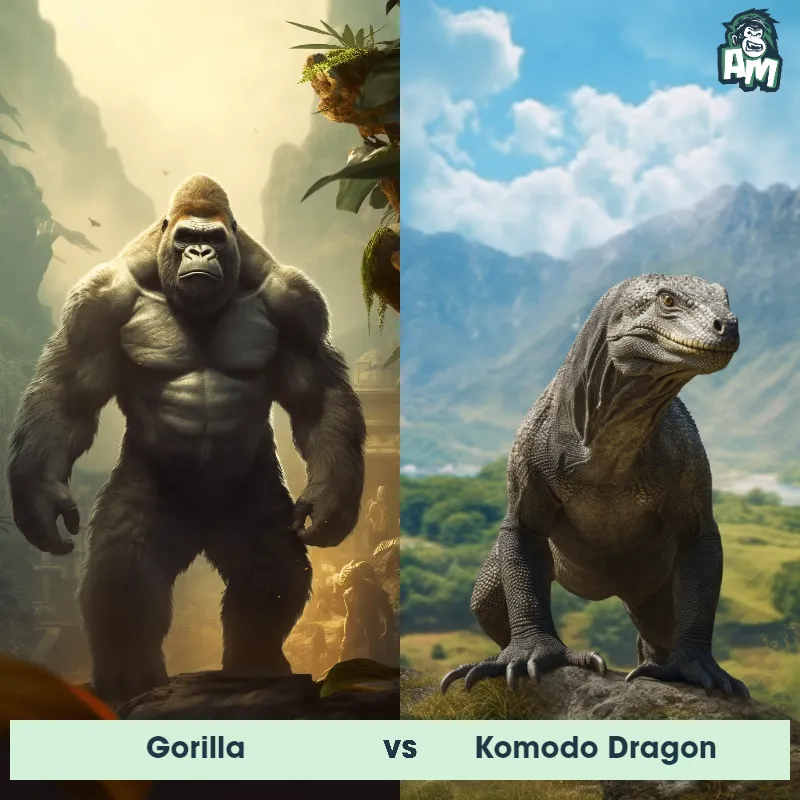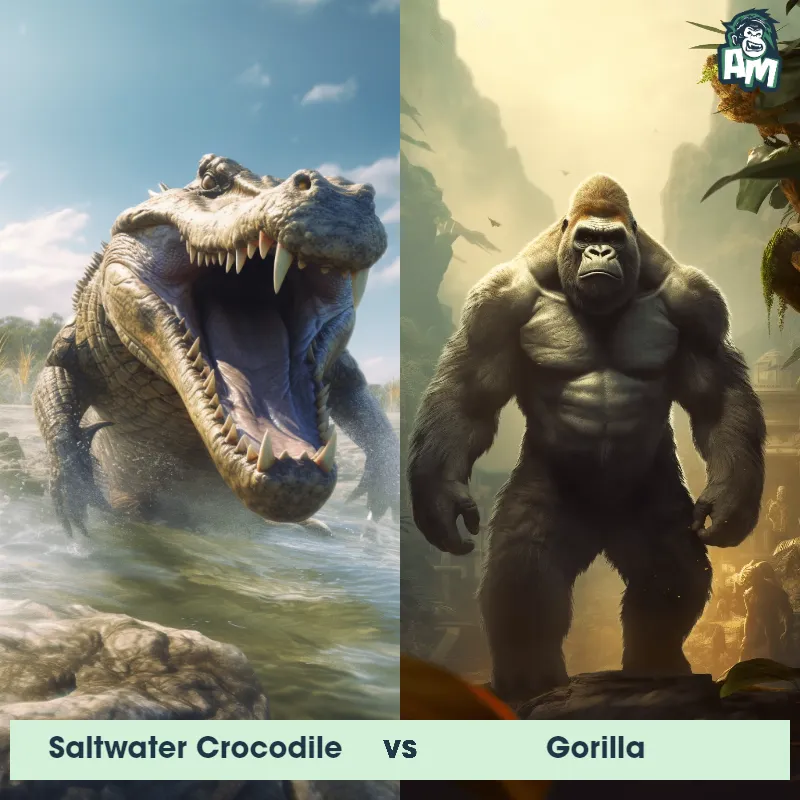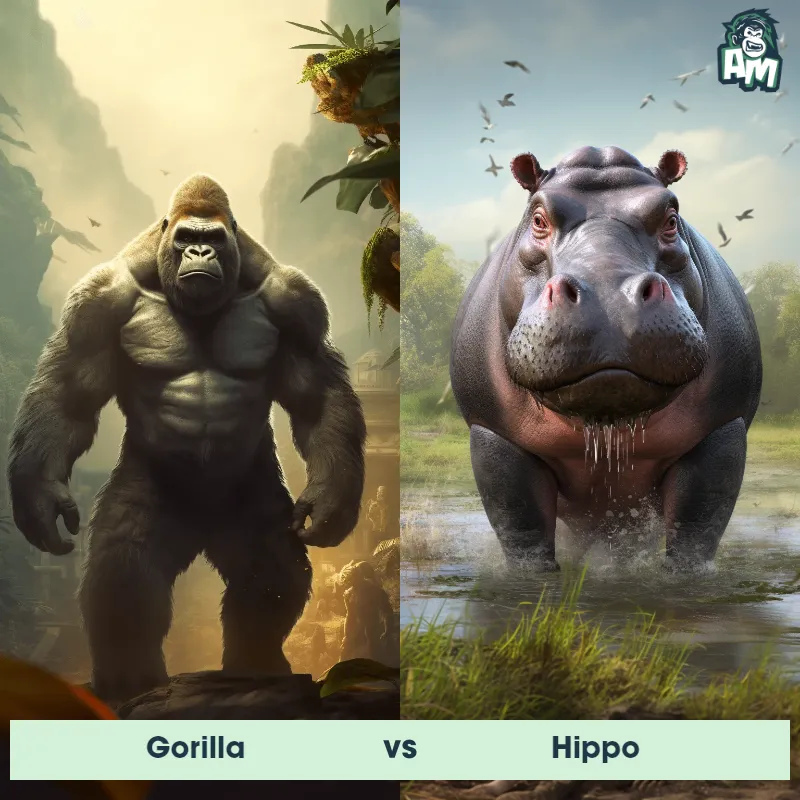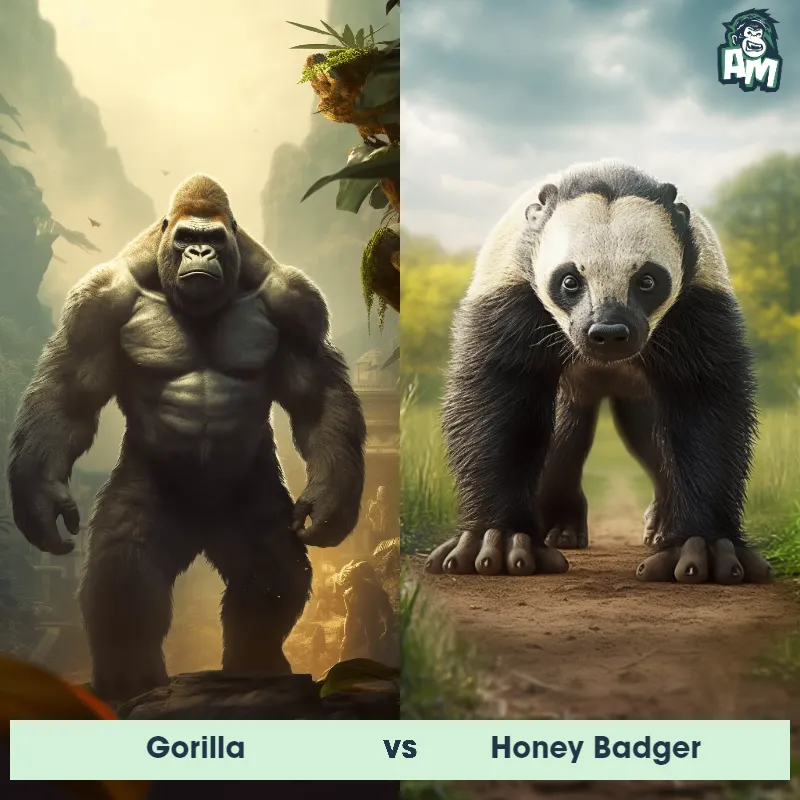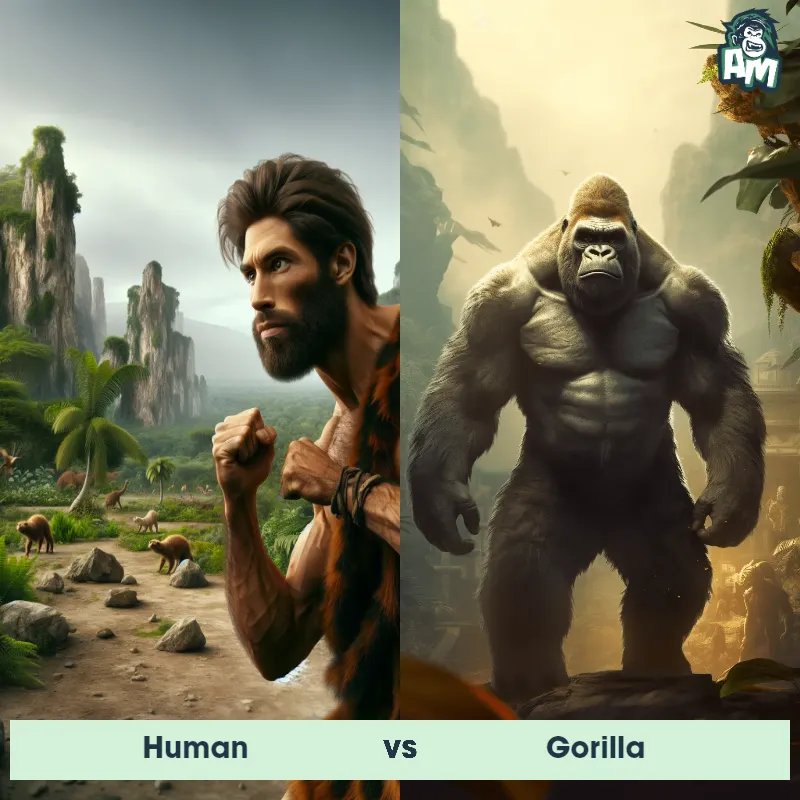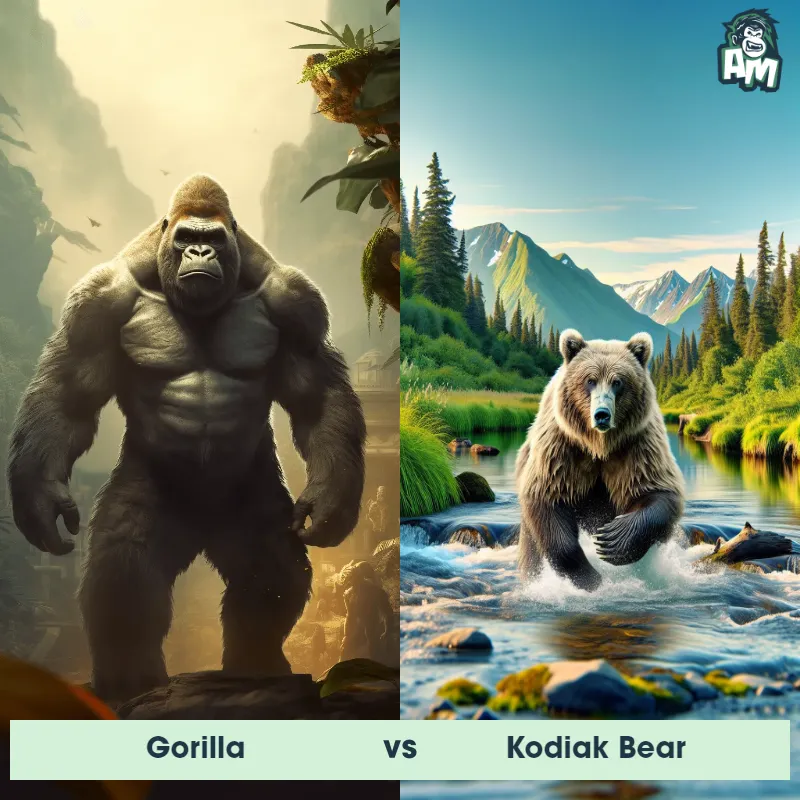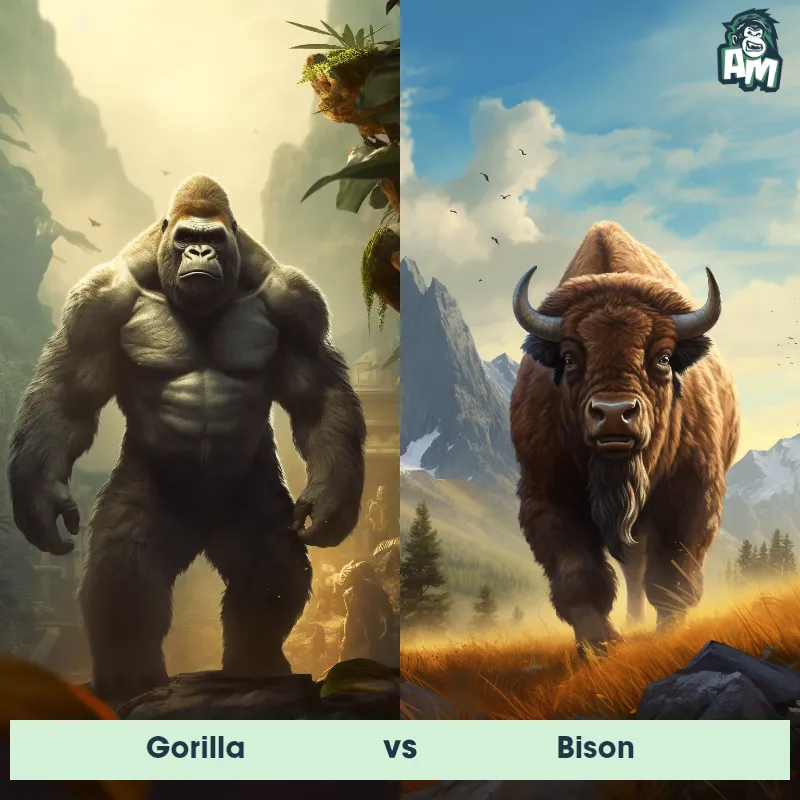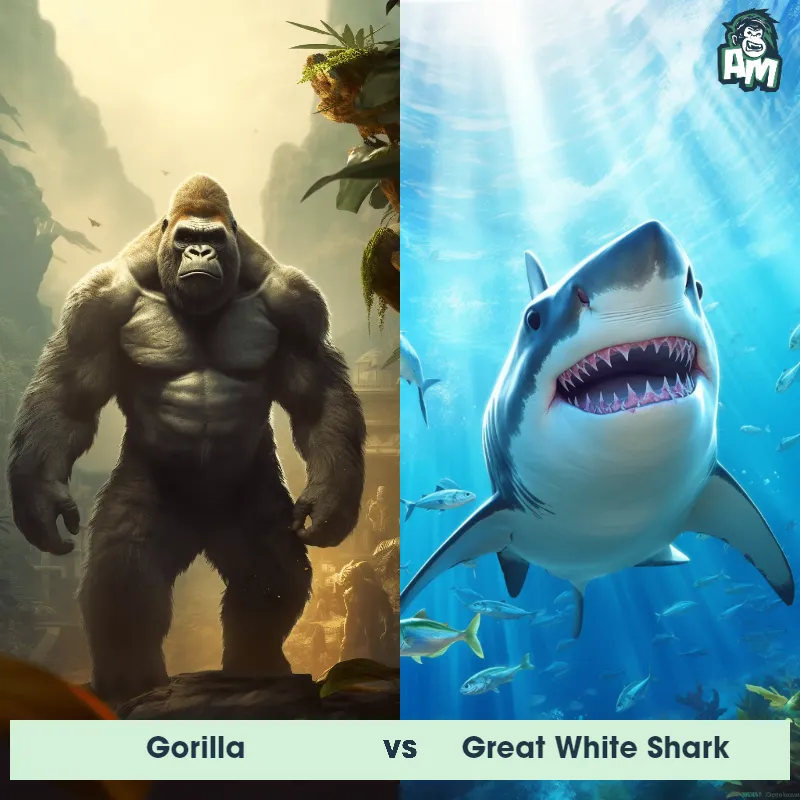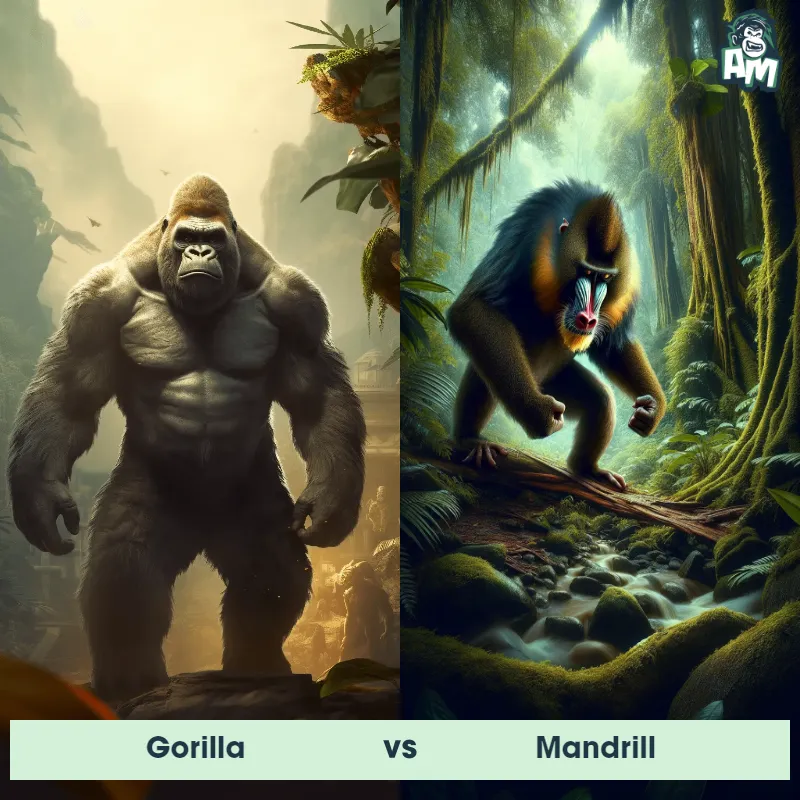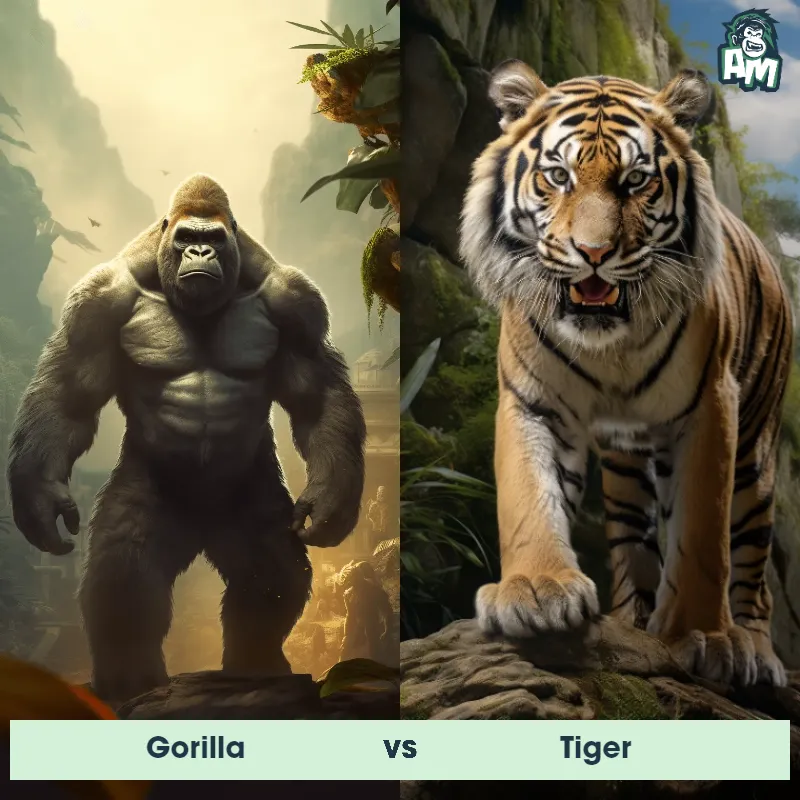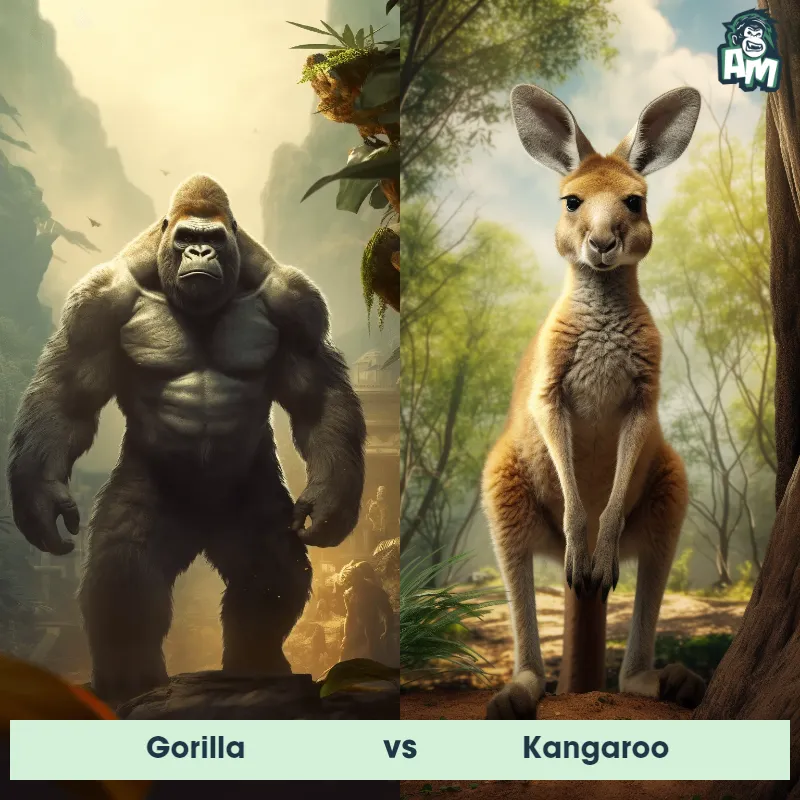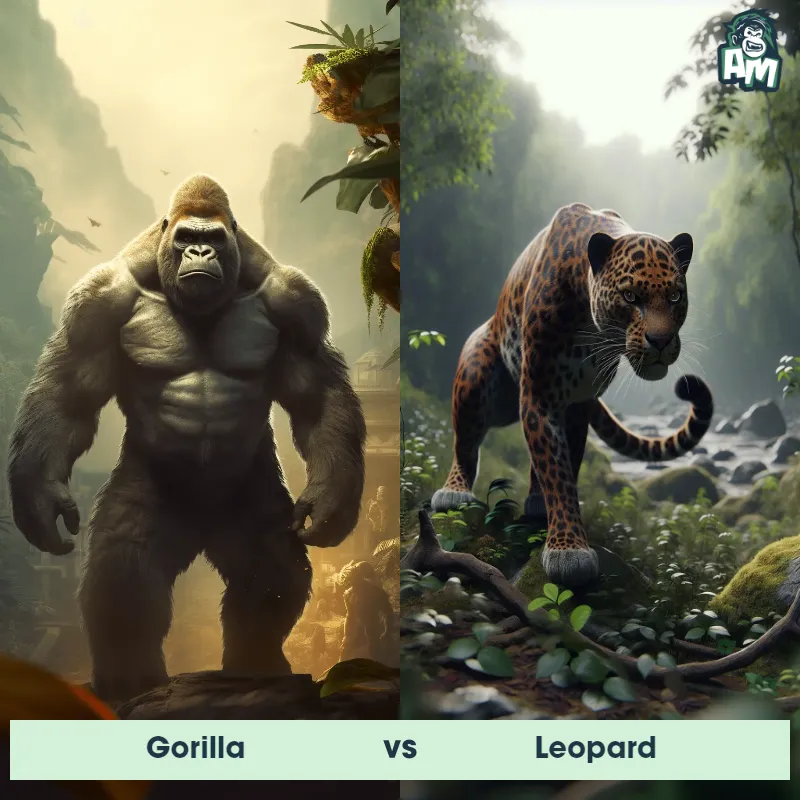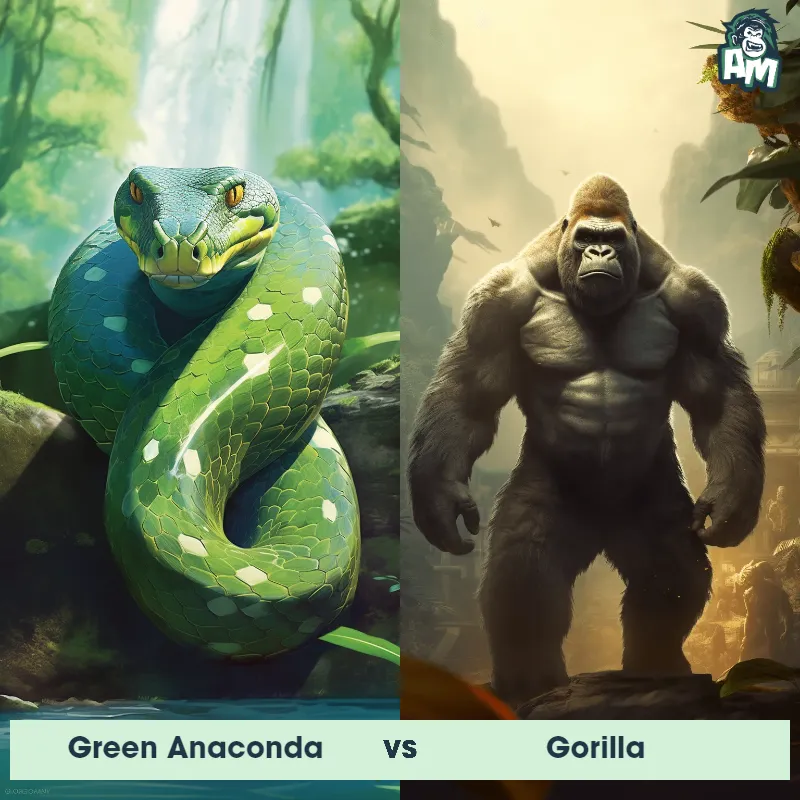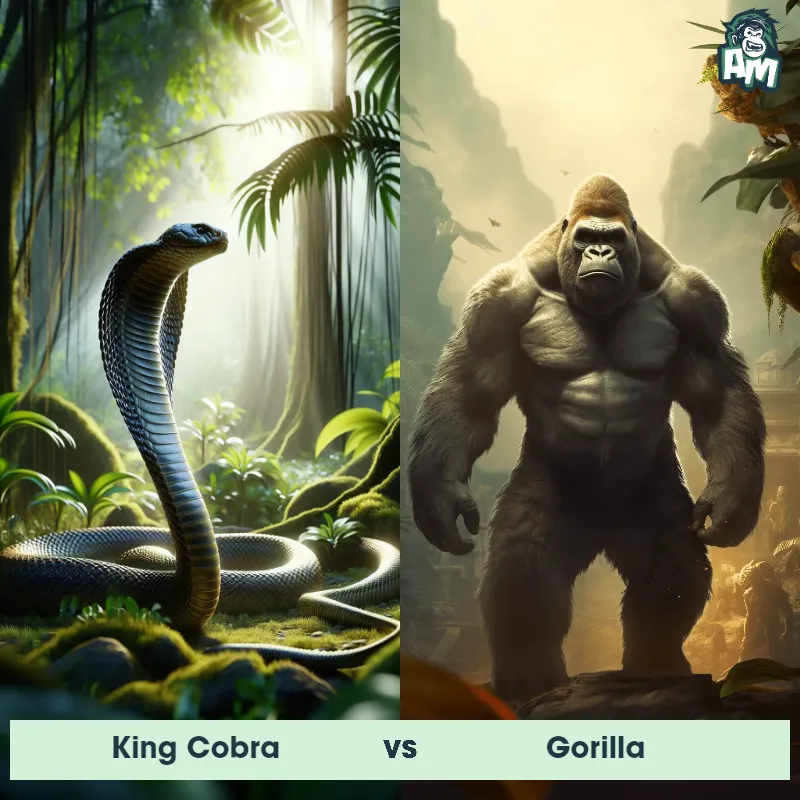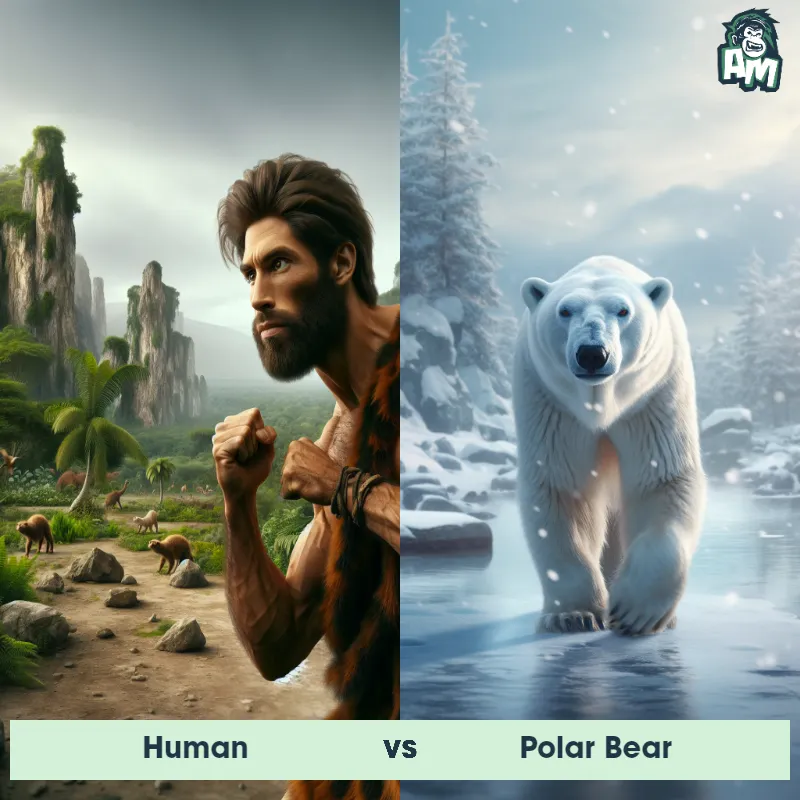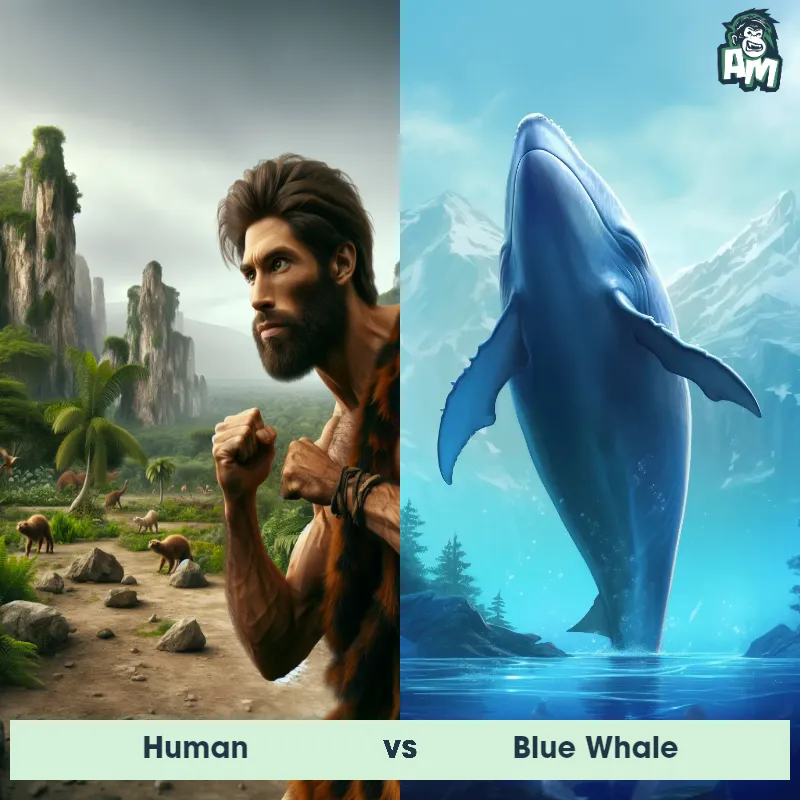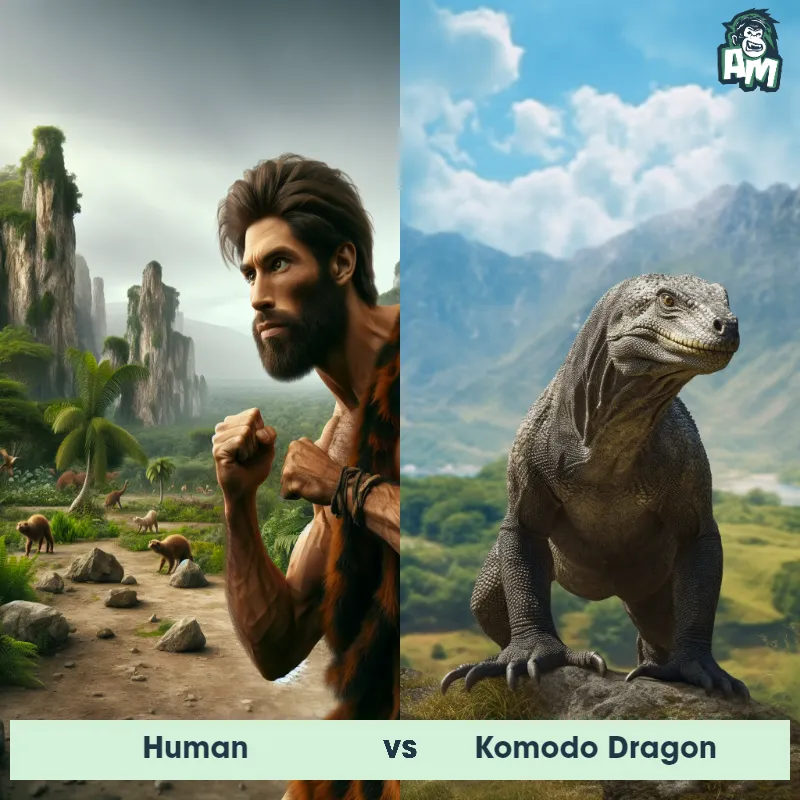Proboscis Monkey vs ChimpanzeeSee Who Wins
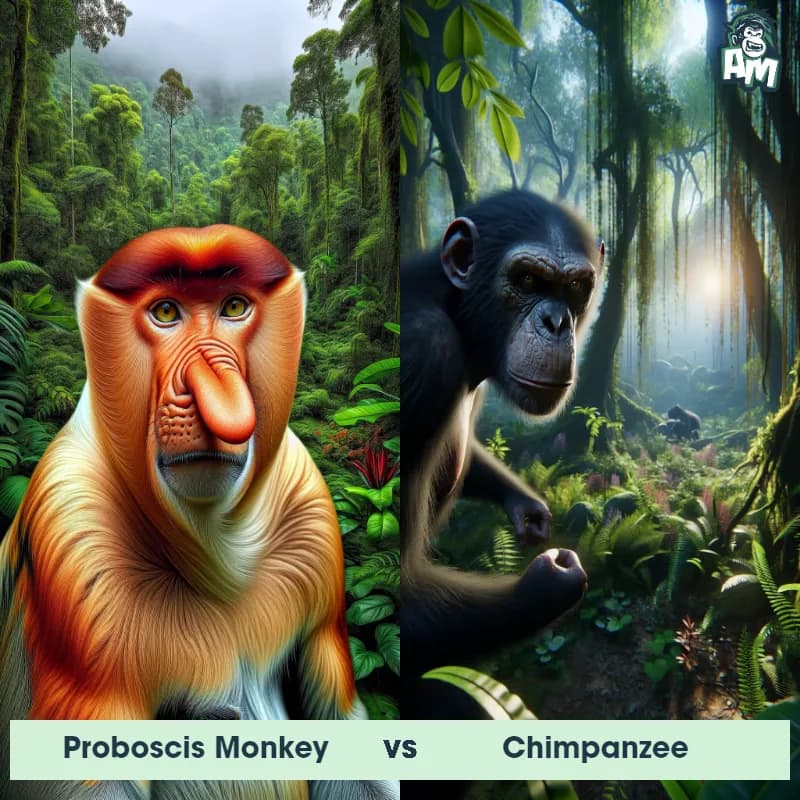
Welcome, ladies and gentlemen, to this epic showdown between two fierce competitors in the animal kingdom. In one corner, we have the Proboscis Monkey, known for its agility and strong grip. And in the other corner, we have the Chimpanzee, a powerful and intelligent opponent. Both animals are ready to give it their all in this three-round fight.
Contender 1: Proboscis Monkey
The Proboscis Monkey, also known as the Long-nosed Monkey, is a unique primate species found in Borneo. It is characterized by its large, fleshy nose, which is more prominent in males and can grow up to 7 inches long. They have a reddish-brown coat with a potbelly and a long tail that can measure up to 70 cm. These arboreal monkeys are excellent swimmers and are often found near rivers and mangroves, where they forage for leaves, fruits, and seeds. One interesting feature of Proboscis Monkeys is their belly, which acts as a resonating chamber to produce loud vocalizations.
Fun Fact: Did you know that Proboscis Monkeys have a unique social structure? In groups, known as harems, a dominant male oversees a group of females and their offspring. However, these harems are not static, as males often compete for the position of alpha male and takeover harems from weaker males.
Contender 2: Chimpanzee
The Chimpanzee, a highly intelligent primate and our closest living relative, inhabits the forests and woodlands of central and West Africa. These social creatures possess a robust and muscular build, with an average height of about 3 to 5 feet and a weight ranging from 70 to 130 pounds. Famed for their dexterous hands and opposable thumbs, chimpanzees are remarkable tool users, employing sticks to collect termites and rocks to crack open nuts. They have a keen sense of hierarchy within their communities and communicate using a variety of vocalizations, gestures, and facial expressions.
Fun Fact: One fascinating fact about Chimpanzees is that they have been observed using tools not only for feeding purposes but also for social interaction, engaging in behaviors like leaf clipping, trunk dragging, or throwing rocks as forms of non-verbal communication.
Matchup Stats
| Proboscis Monkey | Chimpanzee | |
|---|---|---|
| Size | Up to 2 feet (0.6 meters) tall | 3 to 5 feet (0.9 to 1.5 meters) |
| Weight | Up to 50 pounds (22.7 kilograms) | 70 to 130 pounds (31 to 59 kilograms) |
| Speed | 20mph (32km/h) | 25mph (40km/h) |
| Key Strength | Strong jaws and sharp teeth | Strong arm and upper body muscles |
| Biggest Weakness | Relatively slow and not as agile as some other primates | Vulnerable to attacks from the back |
Current Votes
Proboscis Monkey vs Chimpanzee
See Who Wins
View More Matches
Looking For More?
Similar Matches
Scientific Stats
| Proboscis Monkey | Chimpanzee | |
|---|---|---|
| Scientific Name | Nasalis larvatus | Pan troglodytes |
| Family | Cercopithecidae | Hominidae |
| Habitat | Forests, mangroves, and riversides | Forests and woodlands |
| Geography | Borneo | Central and West Africa |
| Diet | Leaves, fruits, seeds | Omnivorous |
| Lifespan | 10 years - 20 years | 40 years - 60 years |
Key Differences between Proboscis Monkey and Chimpanzee
- Color: The Proboscis Monkey has a reddish-brown fur color, while the Chimpanzee typically has a black or dark brown fur color.
- Size: The Proboscis Monkey is generally larger than the Chimpanzee, with males weighing up to 24 kg compared to the Chimpanzee's average weight of around 50 kg.
- Facial features: The Proboscis Monkey has a large, protruding nose that is unique to its species, whereas the Chimpanzee has a flat nose with prominent lips.
- Limb length: The Chimpanzee has longer arms compared to its body size, enabling it to swing from tree to tree with ease, whereas the Proboscis Monkey has shorter limbs and is better adapted for walking on the ground.
- Ears: The Proboscis Monkey has small, round ears that are covered by fur, while the Chimpanzee has large, prominent ears that are usually visible.
- Tail length: The Proboscis Monkey has a long tail that can measure up to 70 cm, while the Chimpanzee has a short, stubby tail that is barely noticeable.



